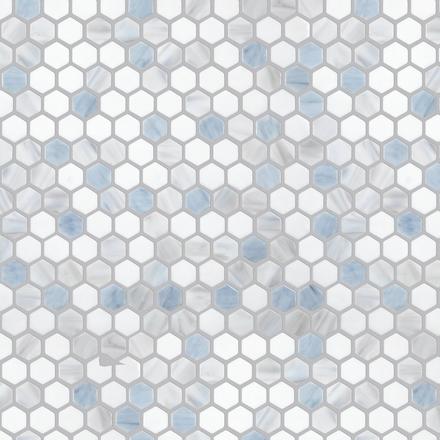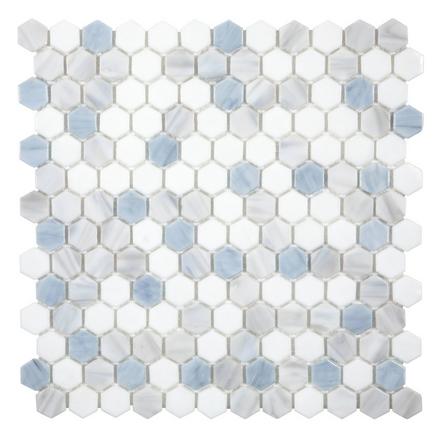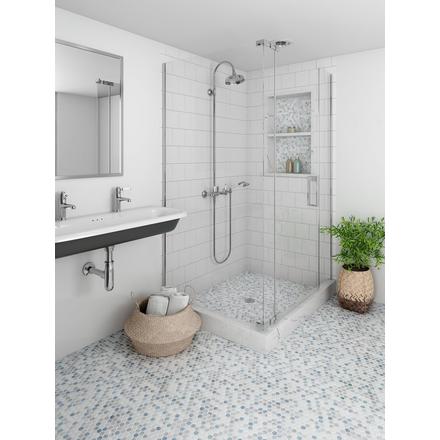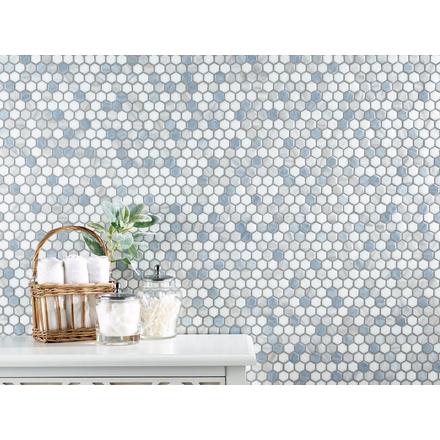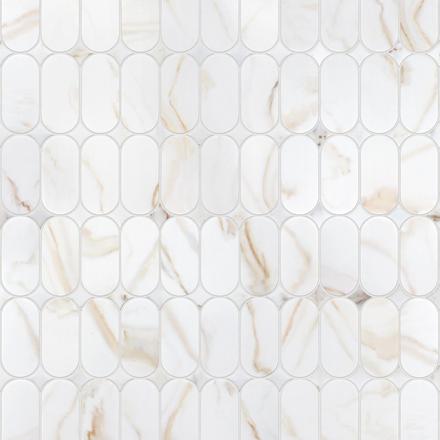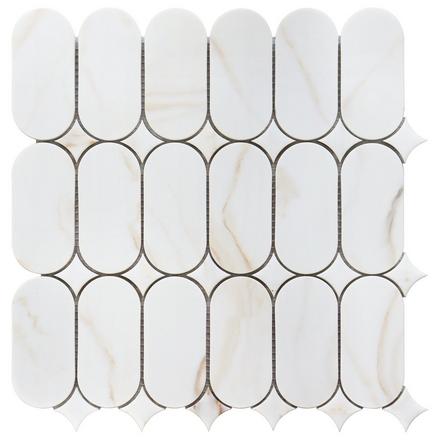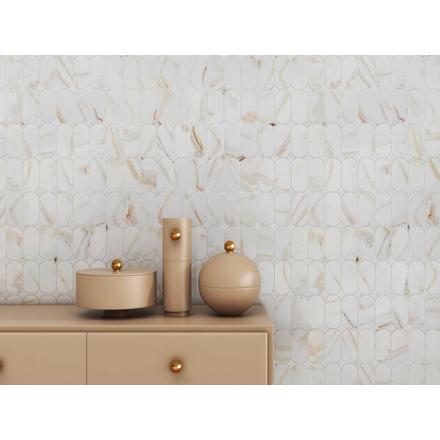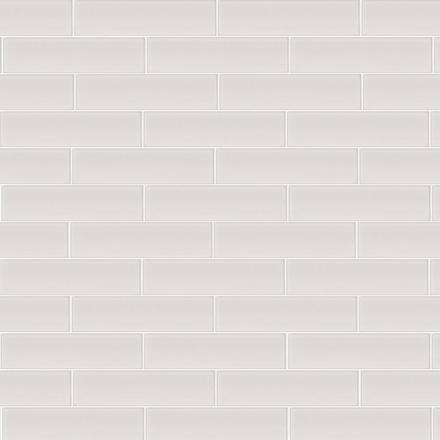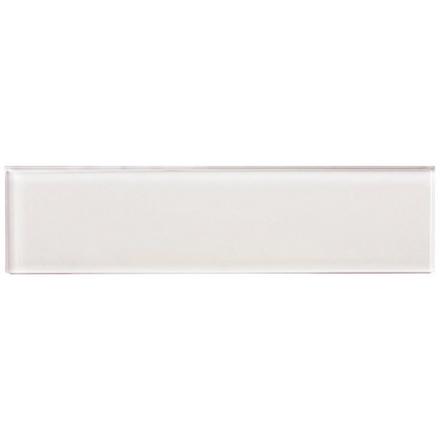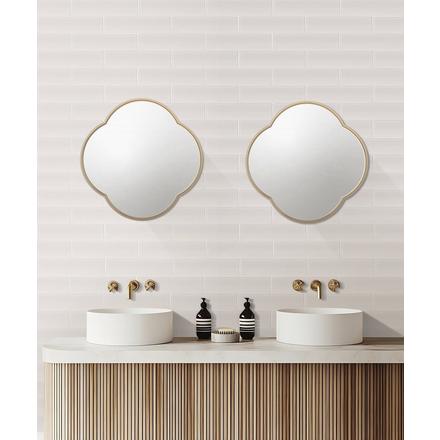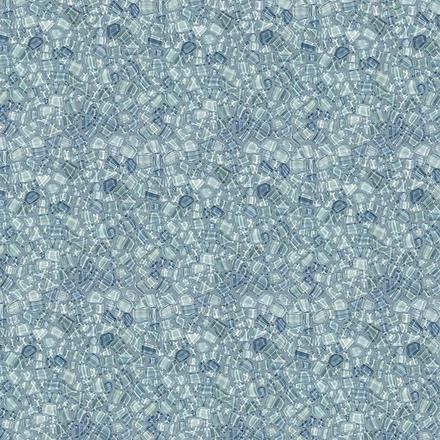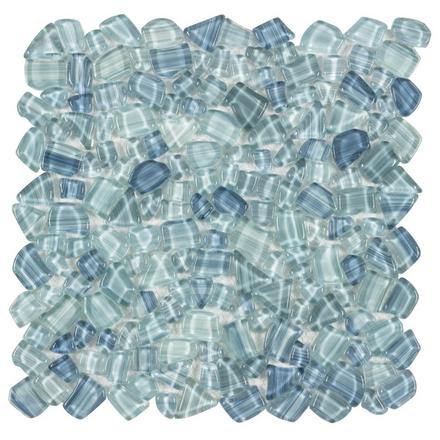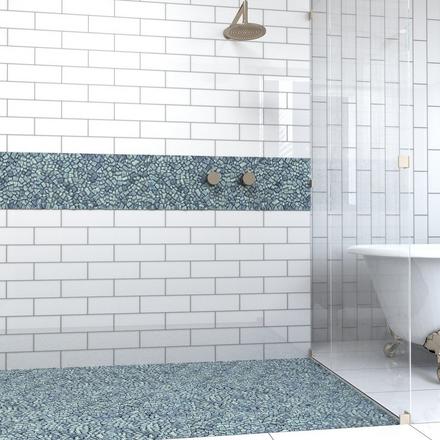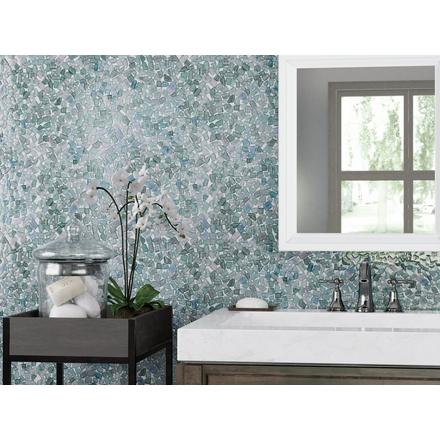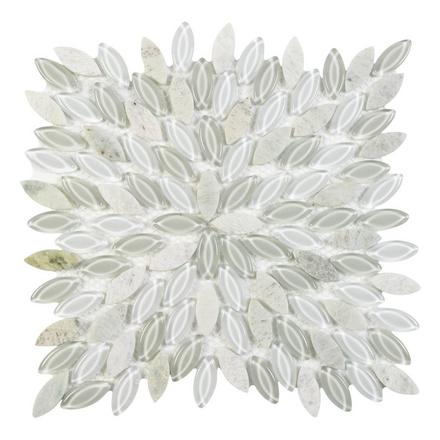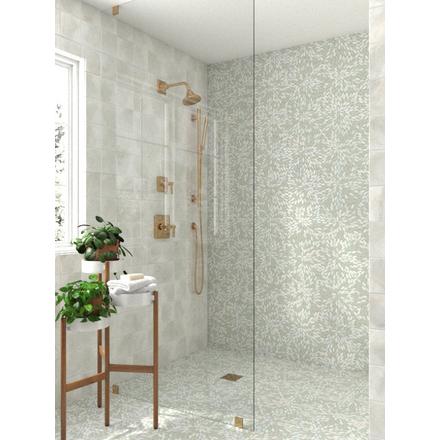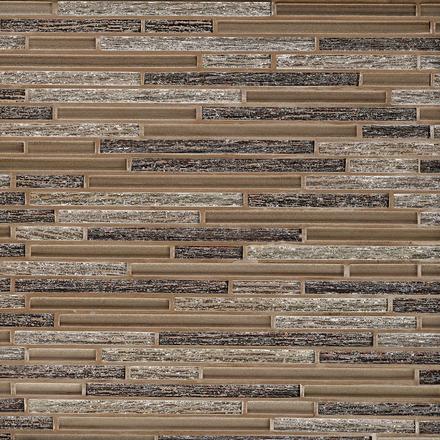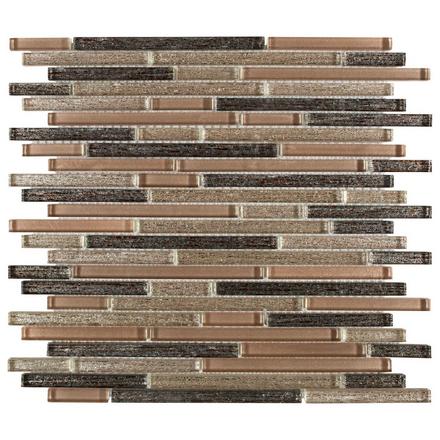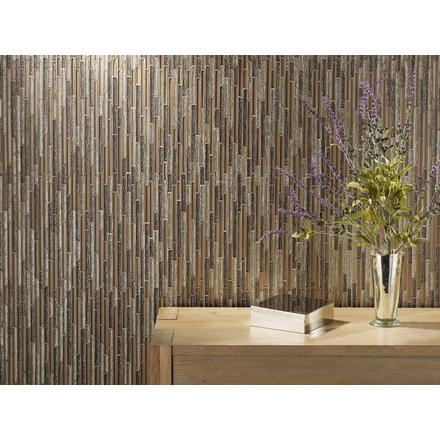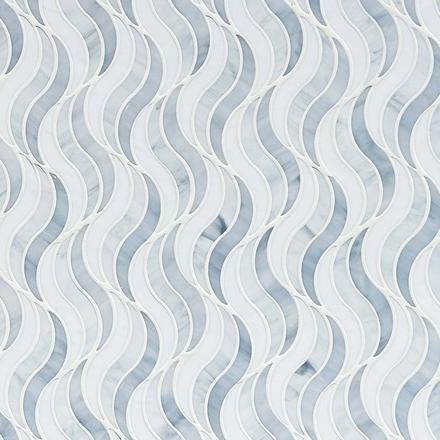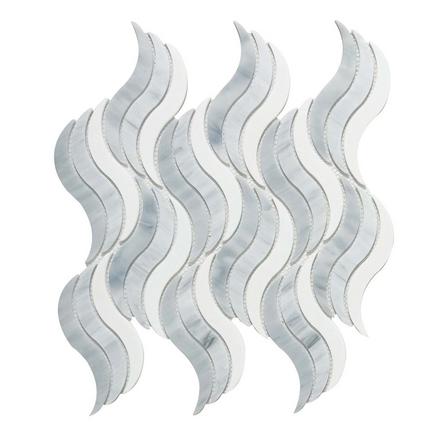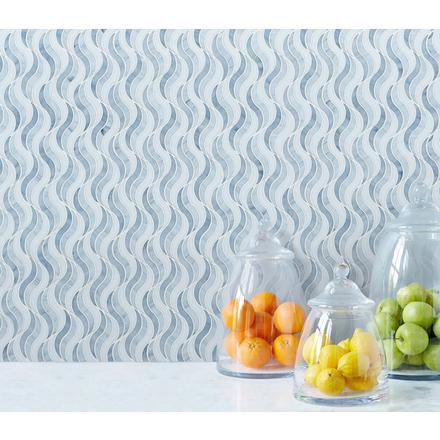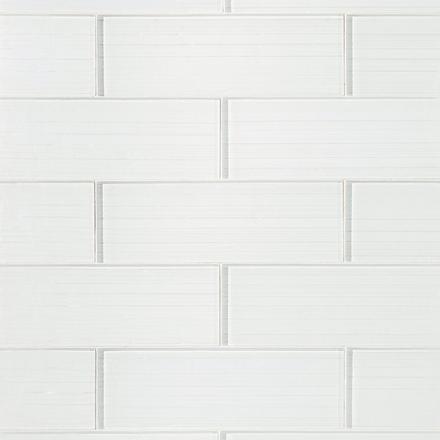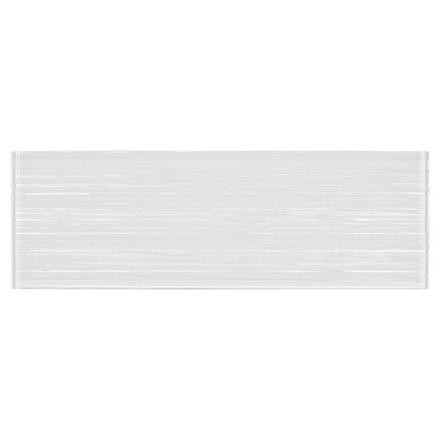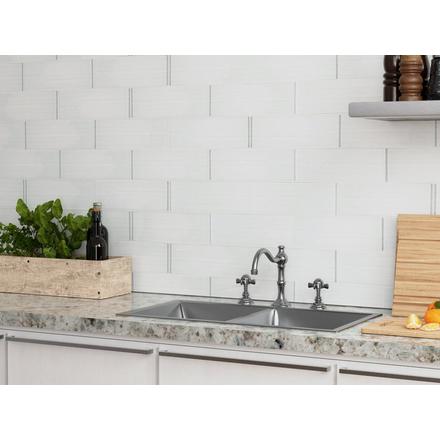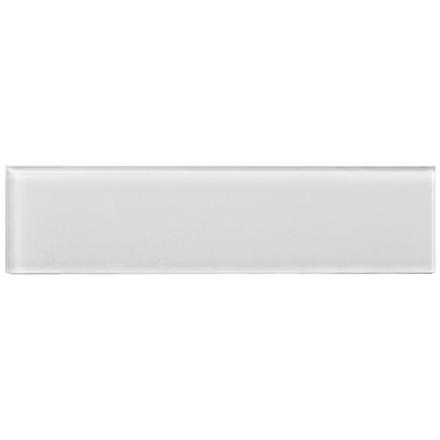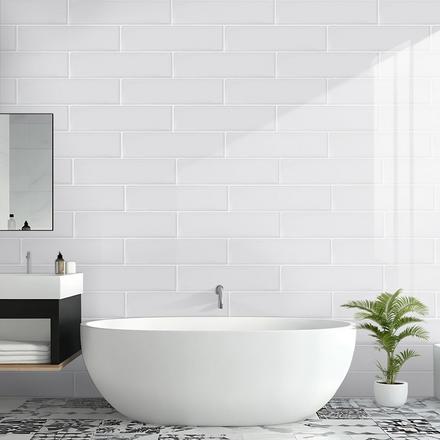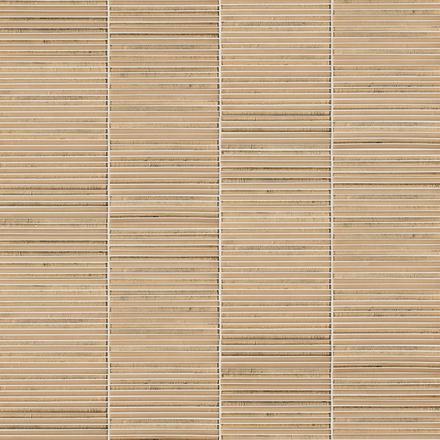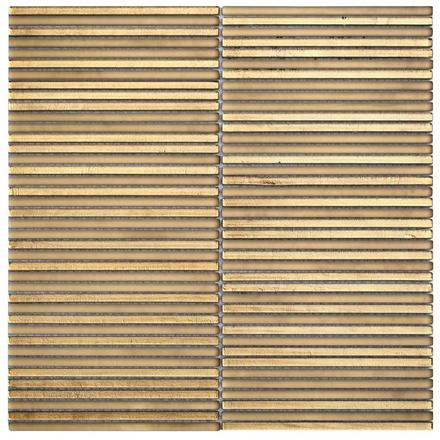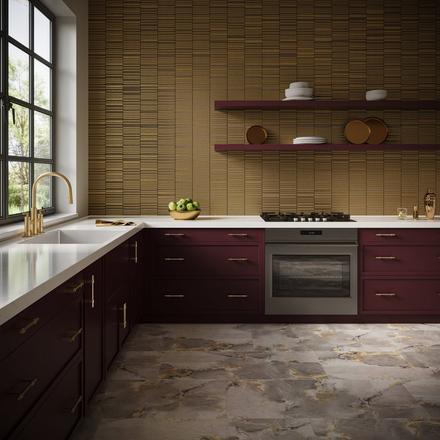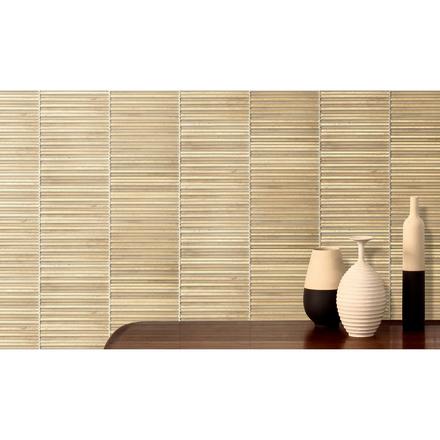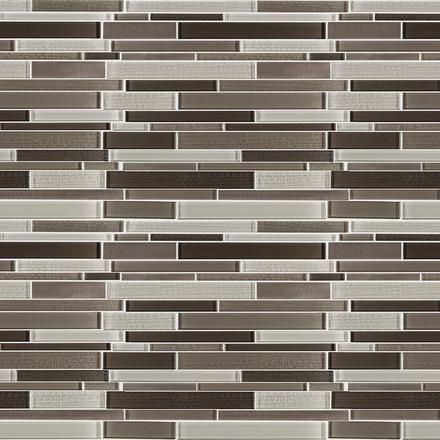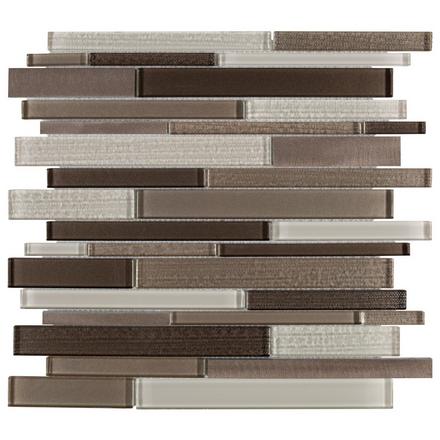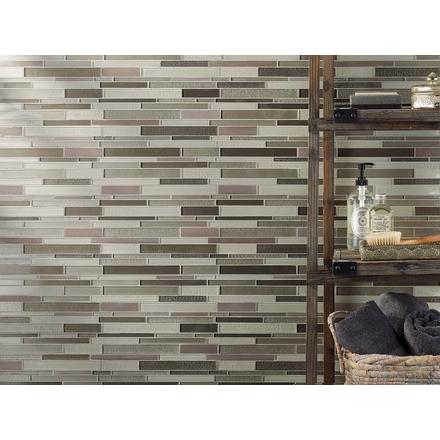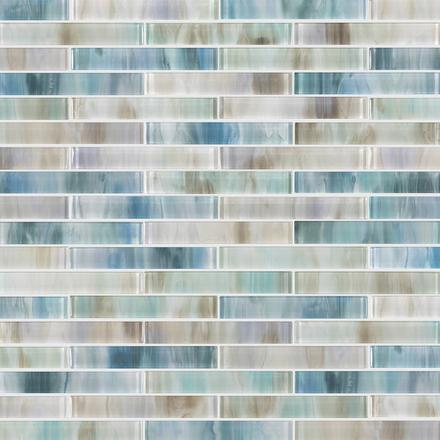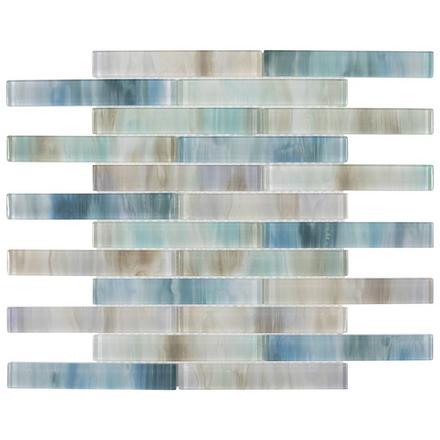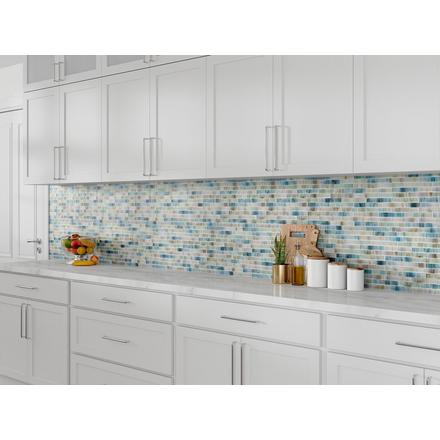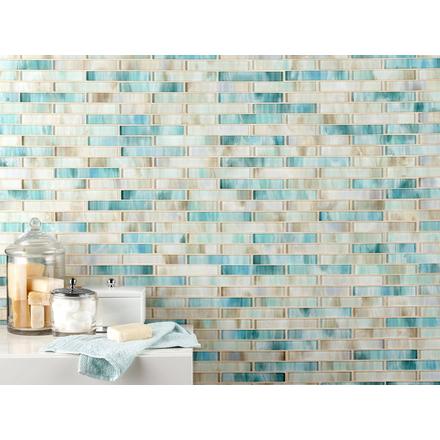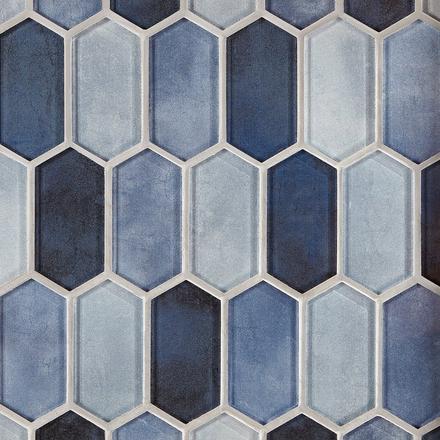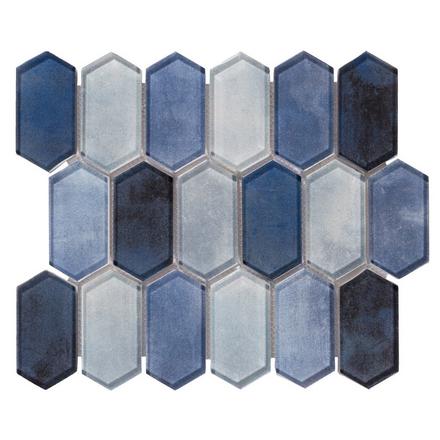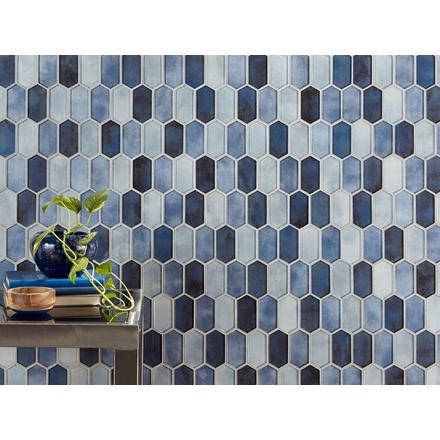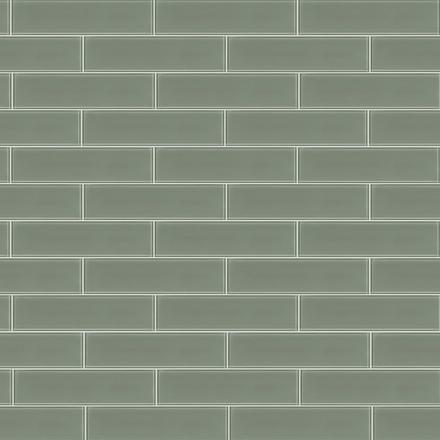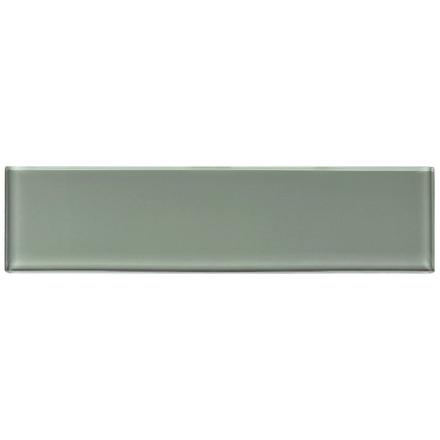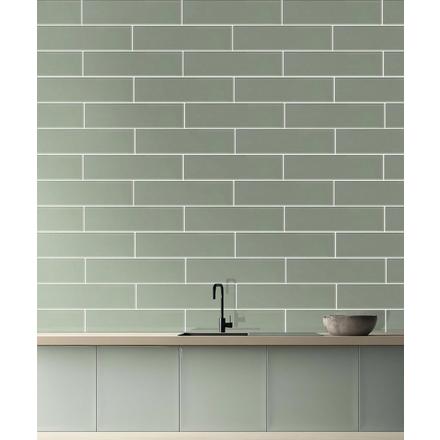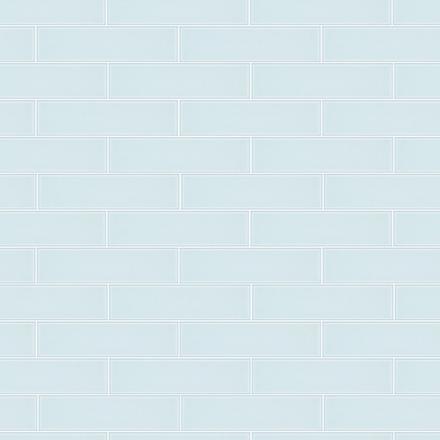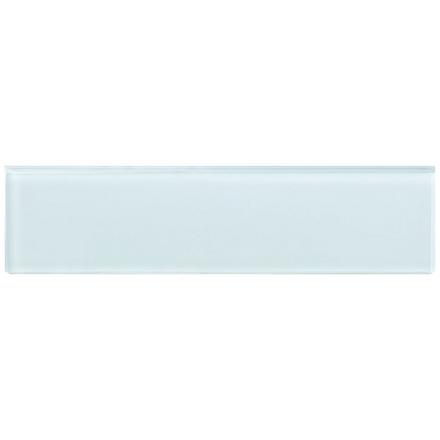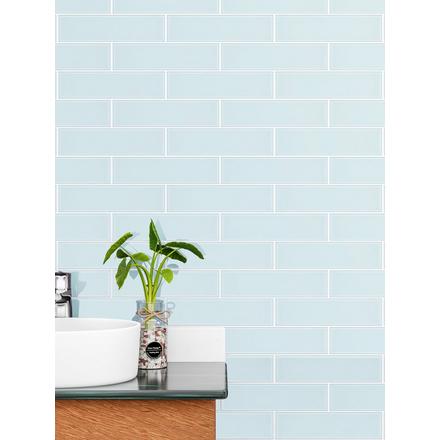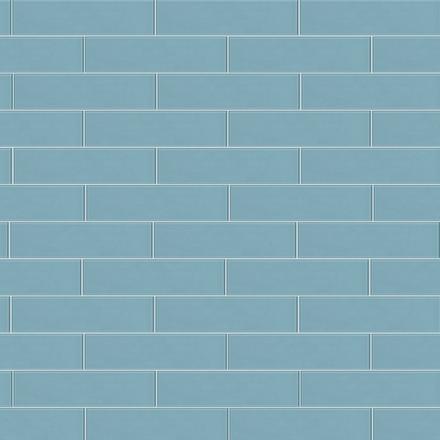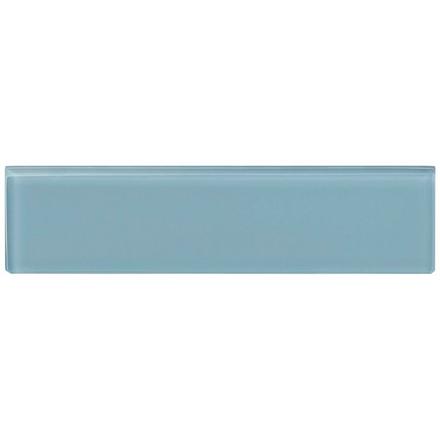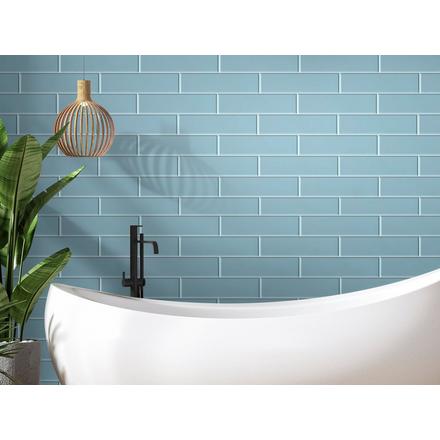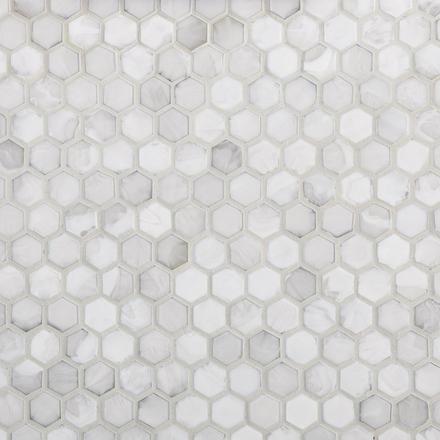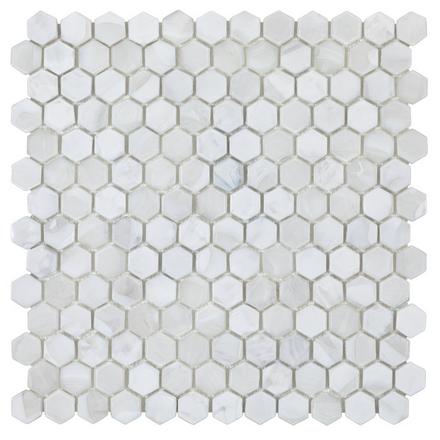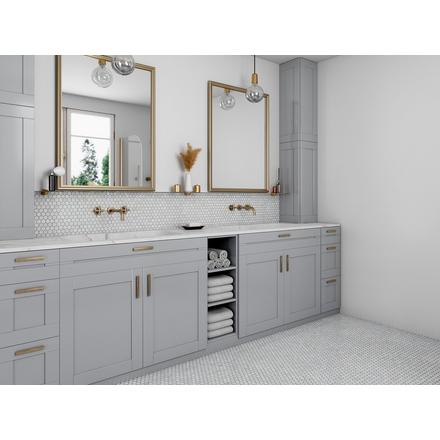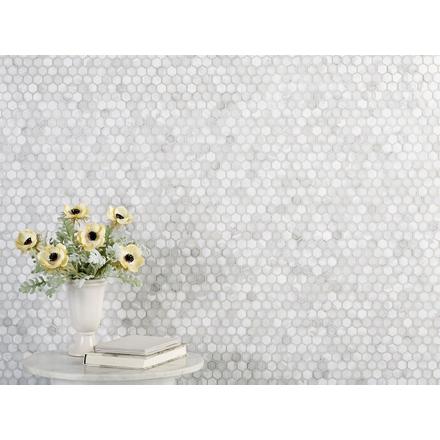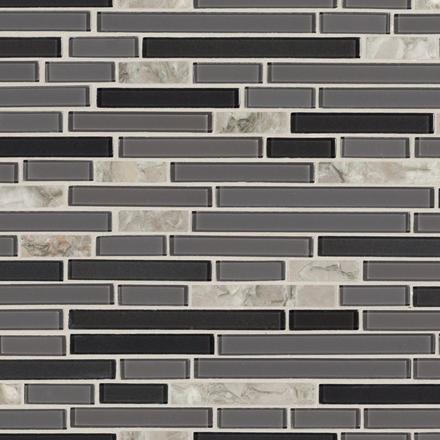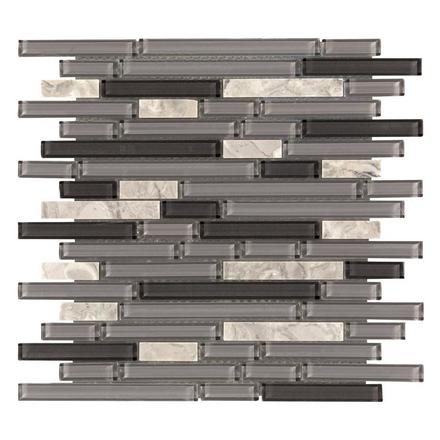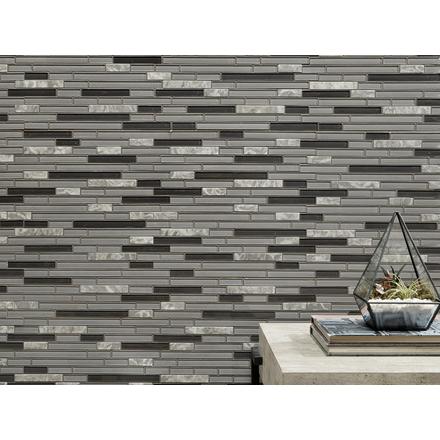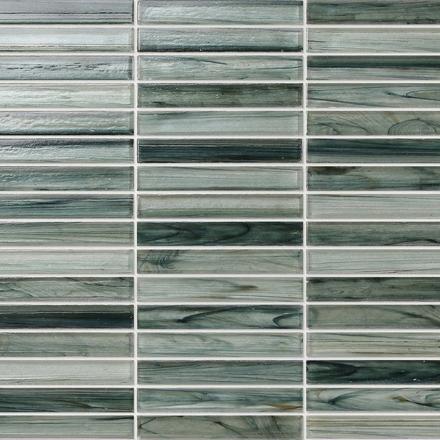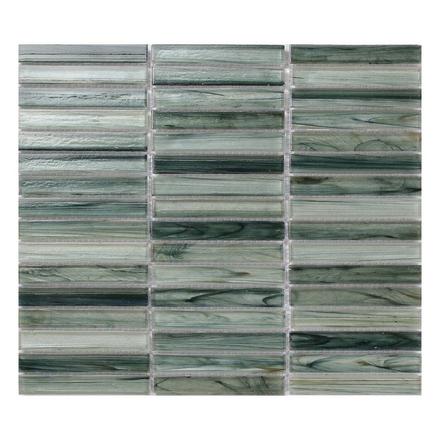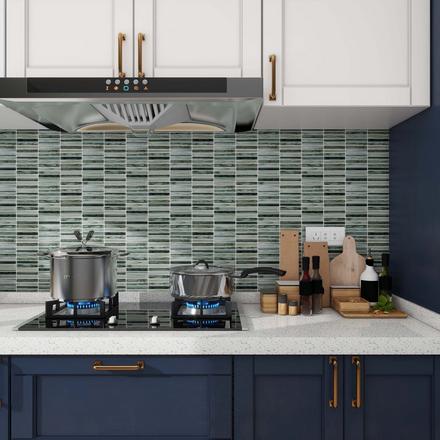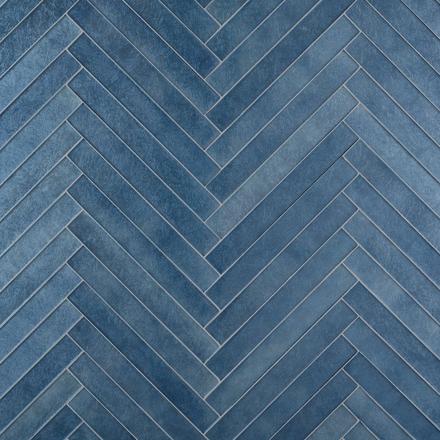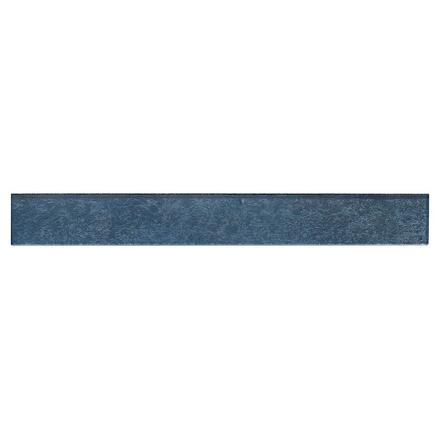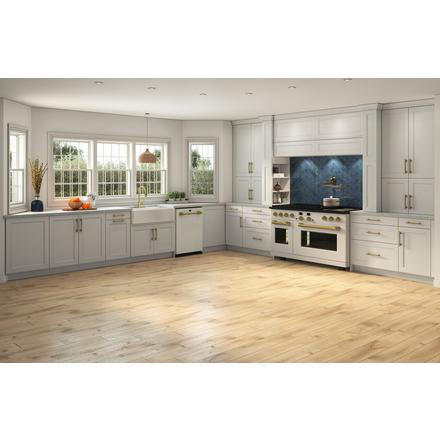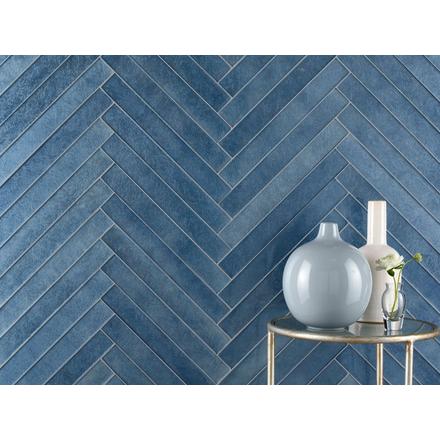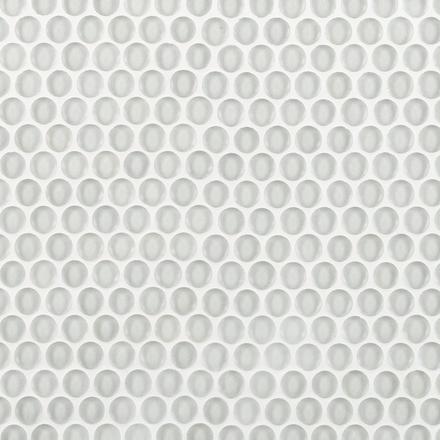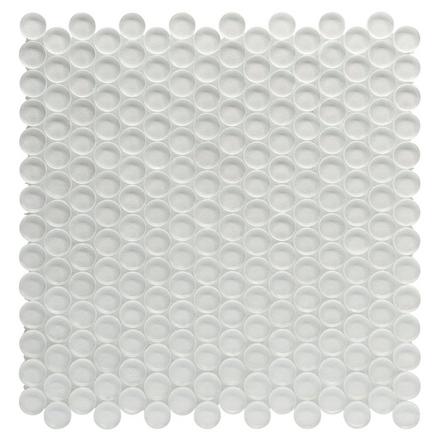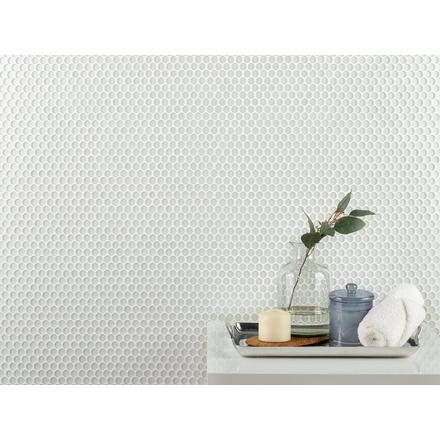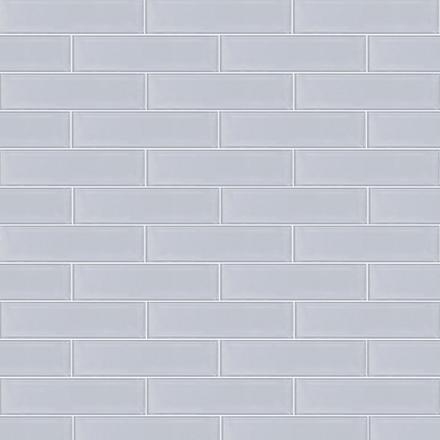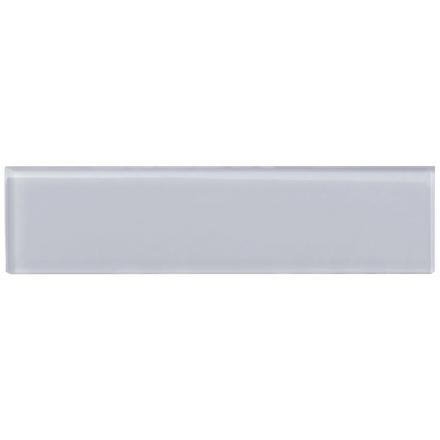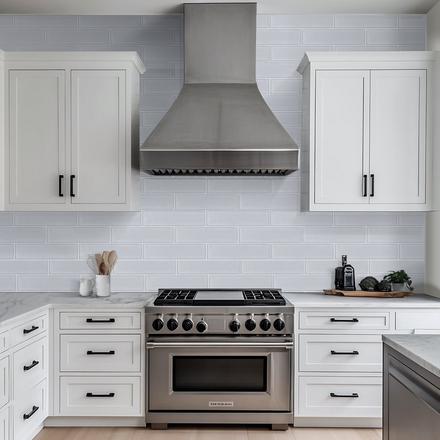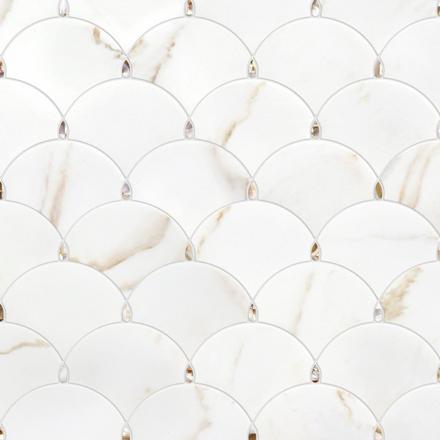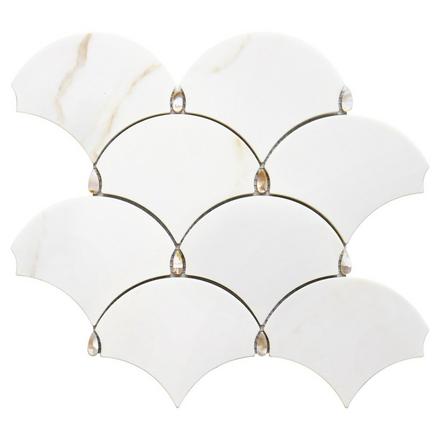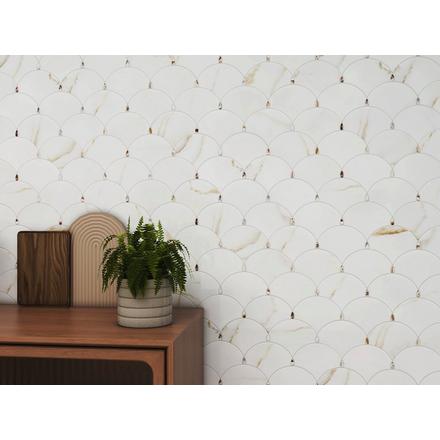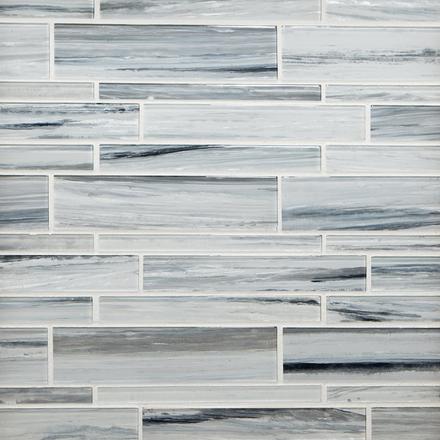
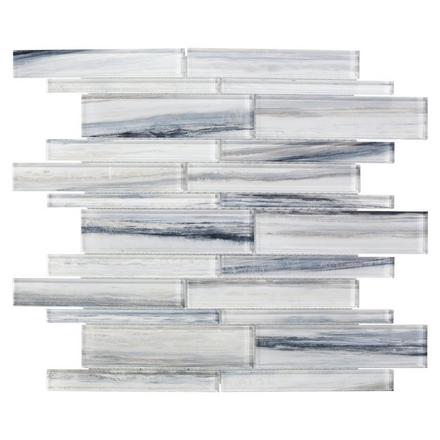
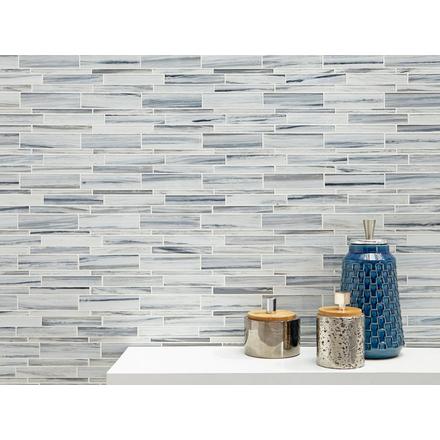
Glass tile is a versatile and stylish choice ideal for a variety of applications including kitchen backsplashes, bathroom walls, shower surrounds, and accent features. Its reflective surface enhances light and adds depth to any space, making it perfect for both residential and commercial projects. Because it is non-porous, glass tile resists stains and moisture, which makes it especially suitable for wet areas.
Current trends in glass tile emphasize bold colors, iridescent finishes, and mosaic patterns that create eye-catching visual effects. Homeowners and designers are increasingly using glass tile to introduce texture and shimmer, often mixing it with matte or natural stone tiles for contrast. Smaller subway and hexagonal shapes remain popular, offering both modern and classic looks that can be customized to any design style.
Tiles related to glass tile that are gaining attention include porcelain, ceramic, resin, and quarry tile. Porcelain and ceramic tiles provide affordable alternatives that offer a wide range of styles and finishes, while resin tiles bring unique textures and colors to projects. Quarry tile, known for its durability and natural earth tones, complements glass tile when aiming for a mix of rustic and contemporary aesthetics.
At Floor & Decor, we pride ourselves on offering glass tile and related types at unbeatable prices without compromising quality. Our extensive selection lets you find the perfect tile for your project, whether you're seeking sleek modern style or timeless elegance. Plus, with frequent promotions and bulk pricing options, you get exceptional value on every purchase.
Durability is a key advantage of glass tile; it is resistant to stains, scratches, and moisture, making it easy to clean and maintain. Unlike some other tile materials, glass doesn’t wear down over time or lose its shine, ensuring your surfaces stay vibrant for years. While glass tile is mainly recommended for walls and decorative accents, its robust nature also supports careful use in low-traffic flooring applications.
Glass tiles are more fragile than ceramic or porcelain, making them prone to chipping or cracking during cutting and installation. Their glossy, reflective surface can show fingerprints, water spots, and soap scum more easily, requiring more frequent cleaning to maintain their shine. Additionally, some glass tiles may be slippery, making them less suitable for flooring in wet areas. Glass tiles can be more challenging to install due to their fragility and require specialized tools and adhesives. Despite these factors, their aesthetic appeal often outweighs these drawbacks in the right applications.
The cost of glass tile is generally higher than ceramic tile but can vary widely depending on design, brand, and size. Handcrafted or specialty glass tiles with unique colors, textures, or finishes tend to be more expensive. However, standard glass tiles used for backsplashes or accents fall within a moderate price range. The cost also depends on installation complexity, as glass tile requires careful handling and sometimes specialized adhesives. Despite the price, many choose glass tiles for their ability to brighten spaces and provide a distinctive, modern look.
Glass and ceramic tiles serve different purposes, each with unique strengths. Glass tiles excel as decorative elements like backsplashes and accent walls due to their glossy finish and light-reflective properties, which brighten spaces. Ceramic tiles are more durable and better suited for flooring and high-traffic areas because they withstand wear and are less fragile. Choosing between the two depends on the intended use—glass for style and visual impact, ceramic for practicality and durability. In some projects, combining both materials can create beautiful effects.
Glass tile is commonly used for kitchen backsplashes, bathroom walls, shower enclosures, and decorative accents. Its reflective surface adds brightness and depth to spaces, making smaller or darker rooms feel larger and more open. Glass tile is also used in mosaics and artistic designs, often mixed with other materials like stone or metal to add texture. Because of its water resistance, glass tile is ideal for areas prone to moisture but less commonly used for flooring due to its fragility and slipperiness.
Cleaning glass tile requires gentle, non-abrasive methods to avoid scratching the surface. Use a mild dish soap or a specialized glass tile cleaner with a soft cloth or sponge to wipe away dirt, fingerprints, and water spots. Avoid harsh chemicals, acidic cleaners, or abrasive scrubbers. Regular cleaning prevents buildup of soap scum and mineral deposits, maintaining the tile’s clarity and shine. For grout lines, use a soft brush with a gentle grout cleaner to avoid damaging the tile edges.
It is very common to use white grout when using glass tile as it highlights the brightness that glass tile brings.
Glass tile is an ideal and practical choice for kitchen backsplashes due to their stain-resistance and non-porous qualities. They are simple and easy to clean and wont harbor germs or bacteria.
